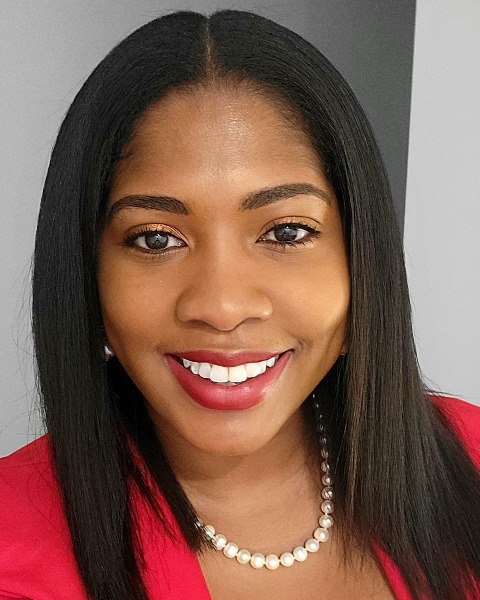Community Development
Qualitative Approaches to Capturing Outcomes Resulting from Community Health Workers’ Barrier-Reducing Work in the Mississippi Delta
-

Kelsi Jackson, MPH (she/her/hers)
Technical Evaluator
Cherokee Federal, United States -

Kelsi Jackson, MPH (she/her/hers)
Technical Evaluator
Cherokee Federal, United States -
SR
Shaquira Robinson, MPH
Evaluator
ASRT, United States -

Cagney Stigger-Morns, MPH
Health Scientist
CDC, Georgia, United States -
AA
Amena Abbas, MPH
Evaluator
ASRT, Inc., United States -
AB
Amma Boakye, MPH
Technical Evaluator
CDC, United States
Presenter(s)
Author(s)
Location: Room 206
Abstract Information: Evaluations conducted without a historical perspective or understanding of cultural context can unintentionally reinforce negative views and beliefs of dominant, oppressive institutions. This omission can lead to material consequences for those affected by the evaluation, especially in under-resourced rural areas. We intended to avoid this omission by centering cultural context and health equity within our qualitative evaluation methods. Our evaluation explores the hidden investments of Community Health Workers (CHWs) and demonstrates the power of story when implementing a Clinical Community Health Worker Initiative (CCHWI) in the Mississippi Delta region. In response to environmental and program capacity barriers, we included historical knowledge, conceptual frameworks on rural wealth, and health equity indicators in interview guides, interview protocols, and data synthesis processes. CCHWI leadership reviewed qualitative approaches to ensure they could appropriately capture the outcomes and full story of CHWs’ efforts. We will discuss ways to combine qualitative data with quantitative outcome data to illustrate how investing in CHWs and program staff can help patients navigate care access and overcome systemic barriers like transportation and medication access. These evaluation methods are important because they advance tools evaluators can use to design evaluations that meet complex needs and tell compelling stories. Roundtable attendees will be asked about their approaches to connect underlying histories and stories of altruistic efforts within their evaluation methods. After the discussion, attendees will gain a deeper understanding of how they can integrate history, local context, and personal stories into their data collection and overall evaluation story.
Relevance Statement: While the role of a Community Health Worker (CHW) is well understood, most evaluations of CHW interventions cite resources and specific job tasks as primary contributors to program and patient success; however, empirical knowledge suggests there are unnamed personal and community investments that lead to these successes. Our evaluation explores these hidden investments—by telling the story of how history and place influence program implementation and health outcomes in a region plagued by generations of systemic racism and disinvestment. Our focus on the Mississippi Delta’s history and culture aligns with AEA’s commitment to the continued development of Evaluator Competencies, specifically within the domains of Context and Methodology. Our goal for this roundtable discussion is to demonstrate how learning from conversations with program staff living in the Mississippi Delta, and evidence in the literature, inform our methodological approach and evaluation design. The roundtable discussion will also revisit the evaluation quality standards used and stimulate ways in which evaluators can integrate history, local context, and personal stories into their data collection and evaluation approaches. To accomplish this goal, we first looked to the literature on evaluating CHW program implementation. Later, we used the literature search findings to inform conversations with program staff on the limitations and strengths of our evaluation questions and plan. Learning from staff (the majority of whom were born and raised in the Mississippi Delta) enriched the evaluation team’s application of cultural context to the evaluation design. The iterative process used in developing the interview guides ensured that each guide was designed to understand how culture and place influence program implementation. The evaluation team was transparent and ethical throughout the process, making sure to include the program leadership for input. We also extracted further qualitative data from the CHW monthly reports to help tailor questions for the interviews that could also tell the story of the CCHWI. This process, combined with quantitative cost and outcome data, will allow us to illustrate the influence that CHWs’ investment has on a community that has been economically and socially marginalized.
